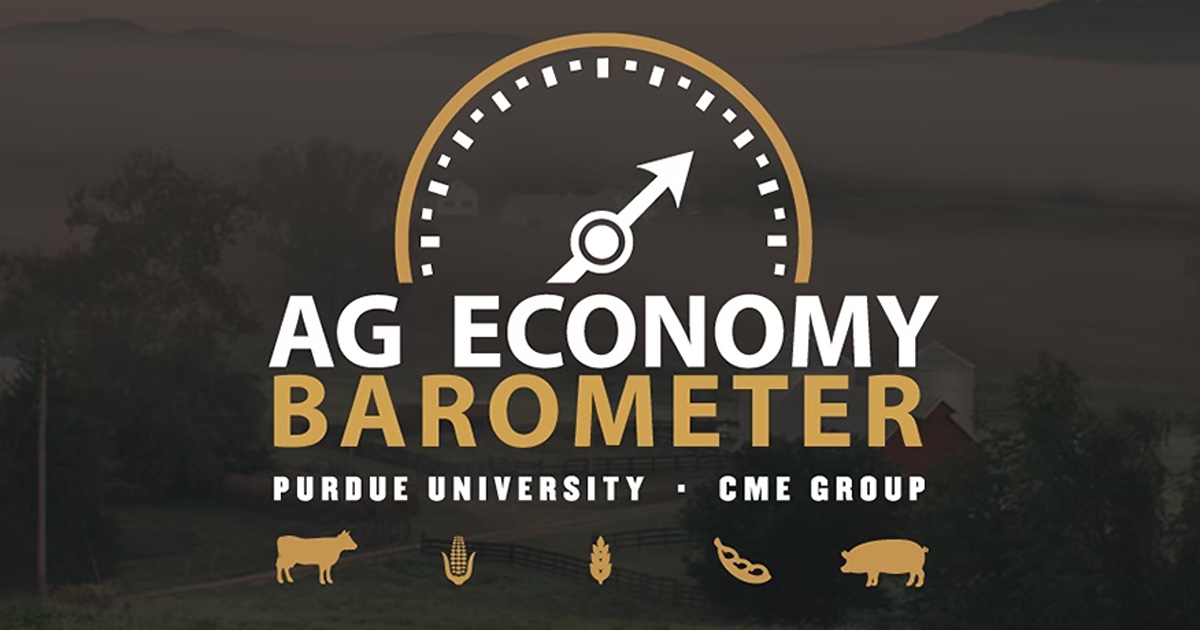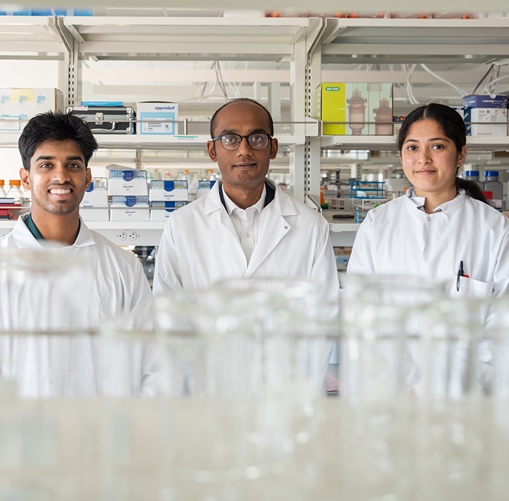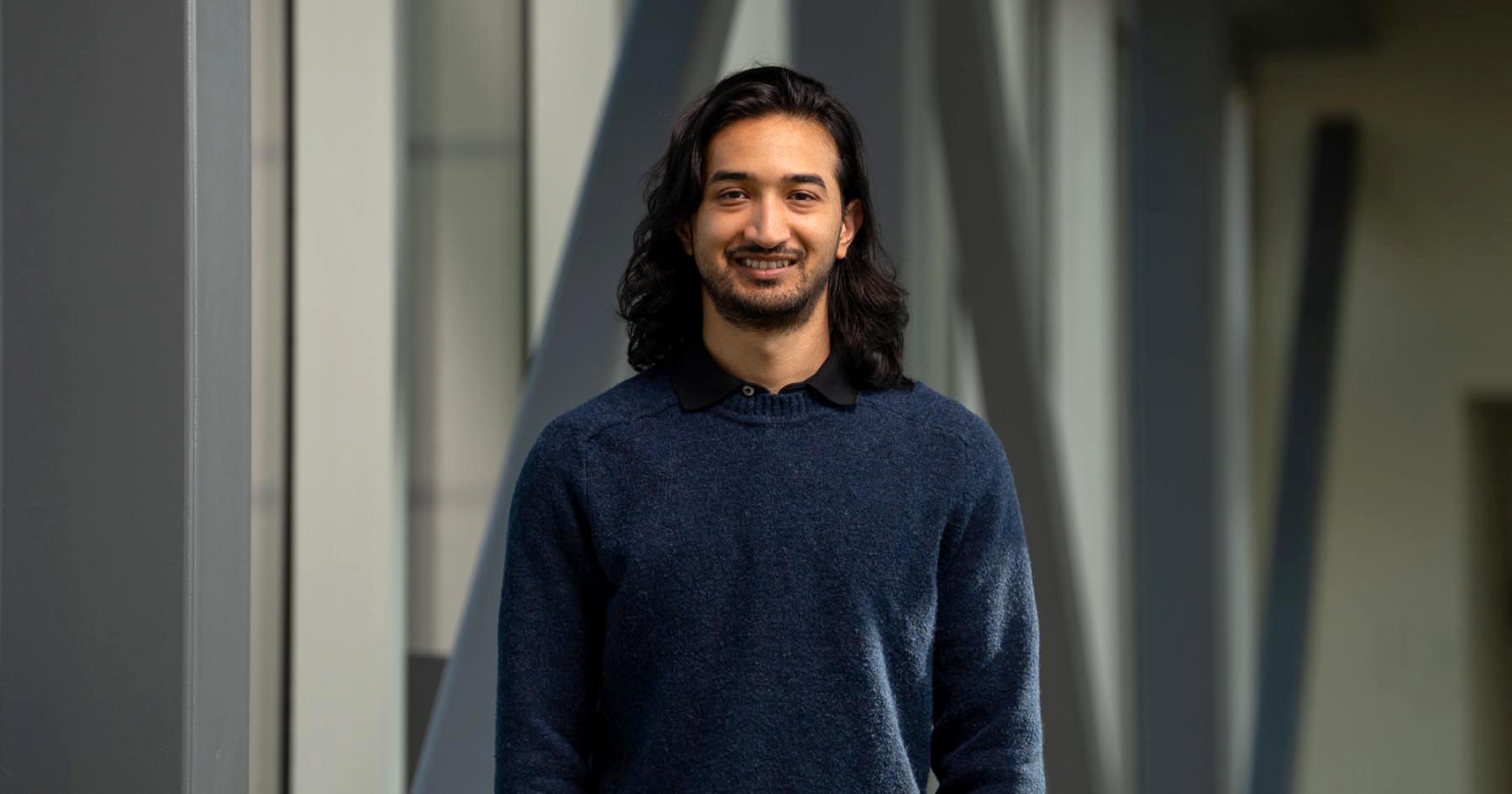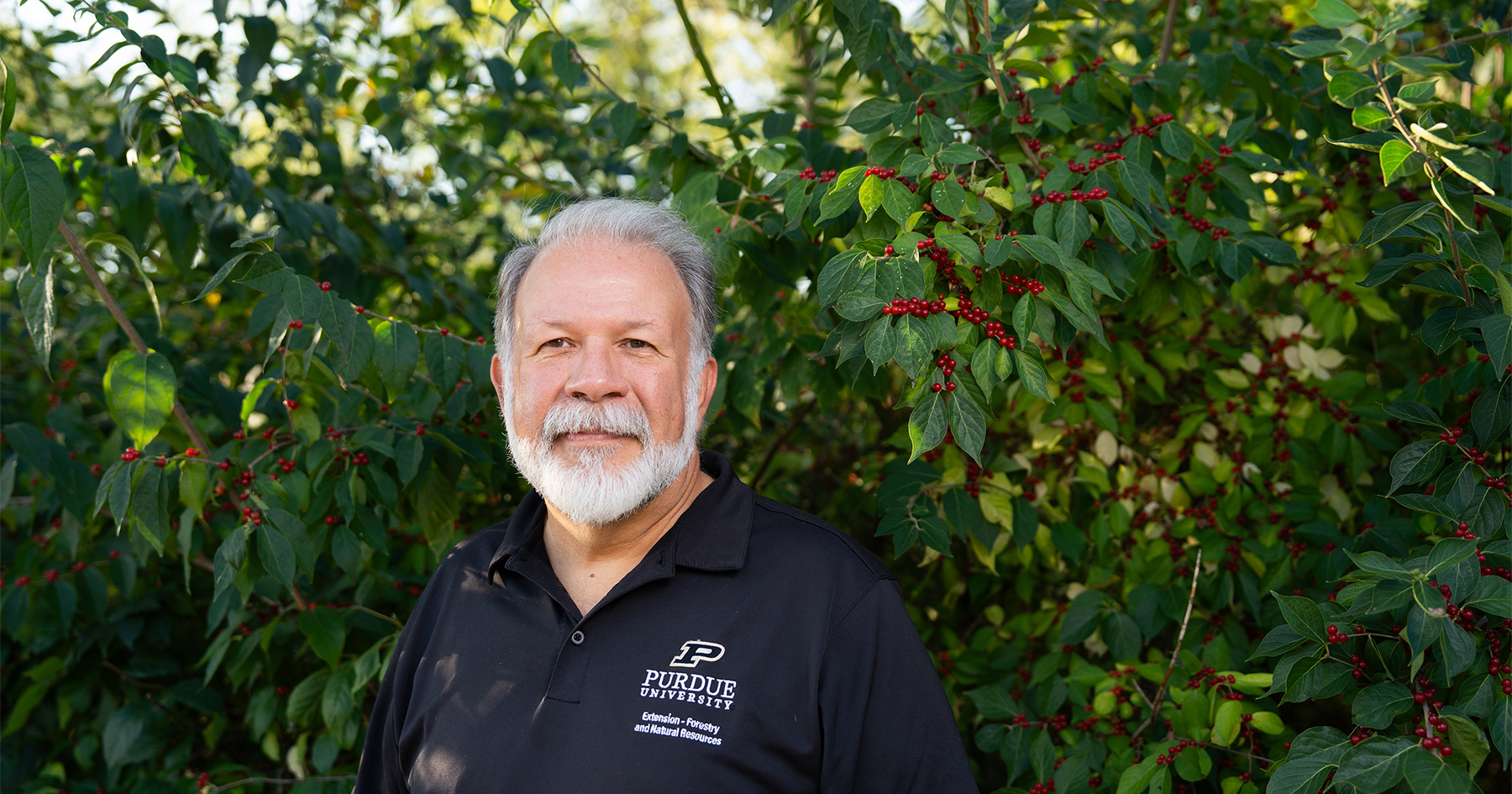Faculty Spotlight: Tingting Ju
Tingting Ju, Ph.D., is an assistant professor in microbiome and microbial resistance, and she joined the Purdue Animal Sciences Department in January 2024.
Ju received her bachelor’s degree in animal science and a master’s in animal nutrition and feed science from China Agricultural University. She received her doctoral degree in animal sciences at the University of Alberta in Canada. Her specialization was in gut microbiome.
After receiving her doctoral degree, Ju conducted postdoctoral research at the University of Alberta. This is where she continued her research on the gut microbiome.
“My postdoctoral research focused on bacterial bile salt hydrolase as a potential mechanism of growth promotion induced by antibiotic growth promoters (AGPs),” Ju said. “We hope the project will provide critical information on the mechanisms through which AGPs improve growth performance and identify novel AGPs alternatives for animal husbandry to address the growing public health concern about antibiotic resistance.”
Although Ju had no background in agriculture before college, her fascination with biology and animals inspired her to pursue degrees in the field and build a career in academia.
“My fascination with microbes, sparked during my master’s research, drove me to pursue a Ph.D. focused on the gut microbiome,” Ju said. “I thoroughly enjoy research and its potential applications to improve animal health and performance as well as human health. Teaching has also been a deeply fulfilling experience, motivating me to pursue a career as an academic scientist.”
Ju’s appointment is in teaching and research. She mentors two graduate and several undergraduate students. She is also a co-instructor for the graduate student seminar, and next spring, she will teach ANSC 44300 Swine Management and ANSC 32600 Applied Non-ruminant Nutrition. Her research investigates how gut microbes influence host physiology across various nutritional, management and processing conditions.
“Despite their importance, the biology and function of these microbes are still not fully understood,” Ju said. “My program explores how gut microbes influence host physiology across various nutritional and management strategies, aiming to convert scientific discoveries into actionable practices for pathogen control, cost efficiency and enhanced livestock productivity. By leveraging models and multi-omics approaches, we are seeking to clarify the causal links between gut microbes and host health outcomes, ultimately helping to bridge microbiome research with practical applications in livestock production.”
According to Ju, she believes in being a hands-on mentor because she can actively guide her students through real-world problems and their interests.
“For me, teaching is about fostering critical thinking, curiosity and resilience by working closely with students to help them discover their interests and build practical problem-solving skills,” Ju said. “My goal is to help students build confidence, creativity and a lifelong enthusiasm for learning. Seeing them grow into active, confident learners is incredibly inspiring.”
Ju also mentioned that she learns from her students.
“Their diverse perspectives and insights consistently challenge me to think critically and expand my understanding,” Ju said. “Each student brings a unique set of experiences, and the thought-provoking questions they ask enrich our discussions and stimulate deeper learning. Through all the interactions, I have learned to adapt my teaching and mentoring style, continually refining my methods to better meet their needs. In many ways, my students are instrumental in shaping me into a more effective teacher and mentor.”
Ju has received several awards for teaching and research at the department and university levels, but her greatest achievement is the success of her students.
“It is incredibly rewarding to help both undergraduate and graduate students unlock their potential and pursue their goals,” Ju said. “I have worked with an undergraduate student on a pig project during this summer, and my graduate students are currently focused on their research and coursework. It is exciting to witness their growth and improvement.”
Ju is also a member of the Purdue Applied Microbiome Sciences (PAMS) community, which is an interdisciplinary group of microbiome scientists.
Ju also shared some advice for students pursuing a career in academia.
“Dive into research and discover what excites you,” Ju said. “Even if something does not work out, it will still be a valuable experience. Also, developing problem-solving and critical-thinking skills will serve you immensely as an independent researcher.”
In addition to her career, Ju enjoys outdoor activities like mountain biking and hiking.
The Purdue Animal Sciences Department is celebrating 125 years! As a part of the celebration, Ju was asked to upload a video congratulating the department.






